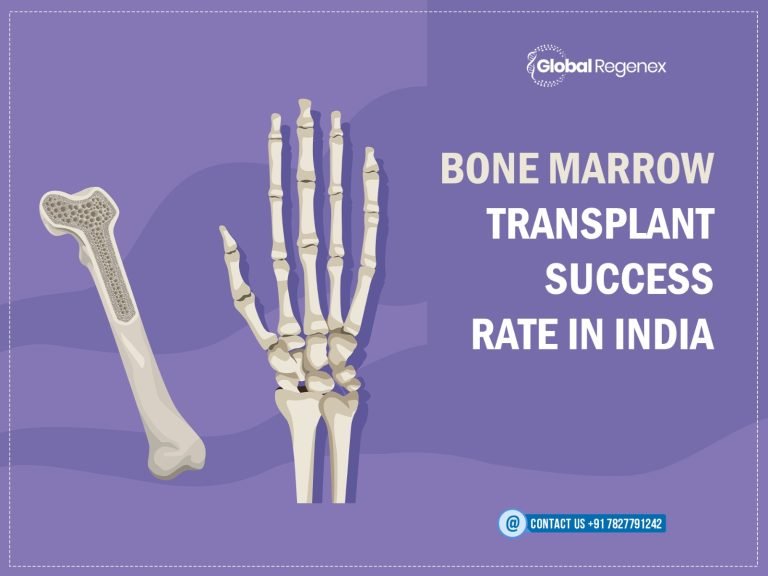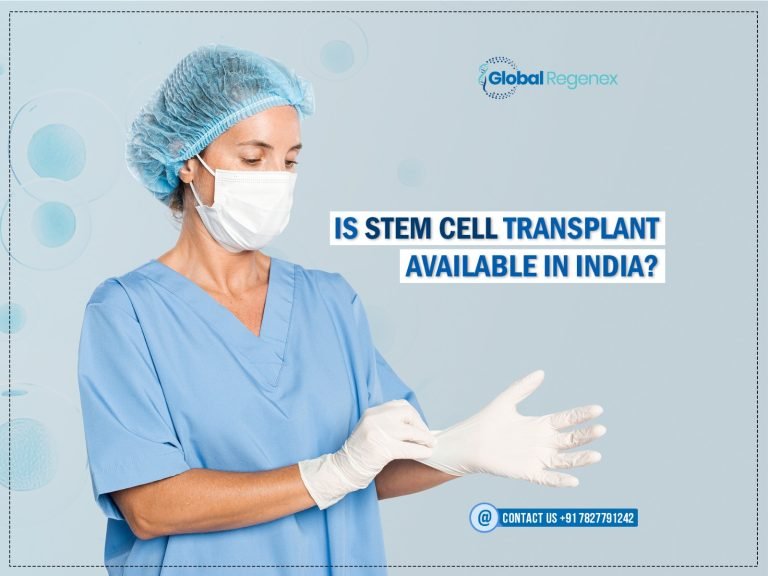What Are the Success Rates of Bone Marrow Transplants in India?
August 25, 2024
•
Global Regenex
As the country is growing, the medical industry is also growing. Our researchers and scientists are using the latest technologies...
Read More →



